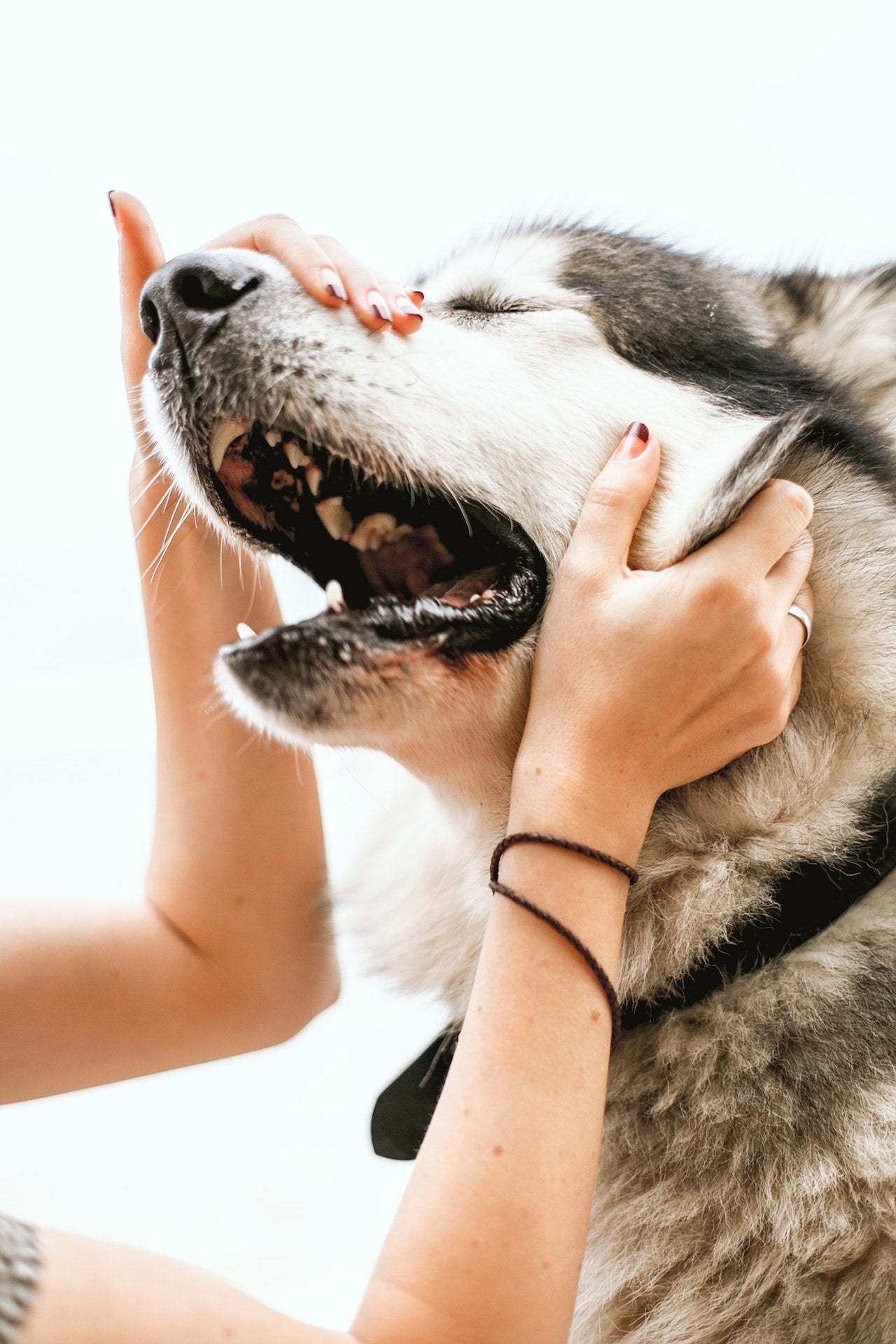CAN DOGS BE ALLERGIC TO PEANUT BUTTER?
Peanut butter is a popular treat for dogs and is often used as a reward during training sessions. However, some dogs may develop an allergic reaction to peanut butter. In this article, we will explore the concept of allergies in dogs and examine whether dogs can be allergic to peanut butter.
WHAT IS AN ALLERGY IN DOGS?
An allergy is an overreaction of the immune system to a normally harmless substance. When a dog's body encounters an allergen, such as pollen or a certain type of food, the immune system reacts by producing antibodies to fight off the perceived threat. This can cause a range of symptoms, including itching, swelling, and gastrointestinal upset.
Can dogs be allergic to peanut butter?
Yes, dogs can be allergic to peanut butter. Peanut butter contains a protein called arachin, which is one of the most common allergens for dogs. In addition, some brands of peanut butter may contain added ingredients, such as sugar or xylitol, which can also cause an allergic reaction in dogs.
Symptoms of a peanut butter allergy in dogs:
If a dog is allergic to peanut butter, it can experience a range of symptoms. These symptoms can vary in severity and can range from mild to severe, depending on the individual dog's immune response to the allergen. Some of the most common symptoms of a peanut butter allergy in dogs include:
- Itching and scratching: One of the most common symptoms of a peanut butter allergy in dogs is itching and scratching. This can manifest in various ways, including pawing at the face, rubbing against furniture or other objects, or licking and biting at the skin. Dogs may also develop red, inflamed, or scaly skin as a result of excessive scratching.
- Gastrointestinal upset: Dogs with a peanut butter allergy may also experience gastrointestinal upset, such as vomiting, diarrhea, or abdominal pain. These symptoms can be particularly severe in dogs that have ingested a large amount of peanut butter or are particularly sensitive to the allergen.
- Respiratory symptoms: In rare cases, dogs with a peanut butter allergy may develop respiratory symptoms, such as coughing, wheezing, or difficulty breathing. These symptoms can be particularly severe and require immediate veterinary attention.
- Skin irritation: Dogs with a peanut butter allergy may also develop skin irritation, such as rashes, hives, or hot spots. These symptoms can be particularly itchy and uncomfortable for the dog and can lead to further scratching and skin damage.
- Swelling: Some dogs with a peanut butter allergy may also experience swelling in their face, lips, or throat. This can be particularly dangerous, as it can lead to breathing difficulties and can be life-threatening in severe cases.
It is important to note that the symptoms of a peanut butter allergy in dogs can vary depending on the individual dog and the severity of the reaction. If you suspect that your dog may be allergic to peanut butter, it is important to seek veterinary attention as soon as possible. Your vet can perform tests to confirm the allergy and can recommend appropriate treatment to manage your dog's symptoms and prevent future allergic reactions.
Treatment of peanut butter allergy in dogs:
If your dog is diagnosed with a peanut butter allergy, the treatment will depend on the severity of the reaction. In mild cases, your vet may recommend avoiding peanut butter and other products that contain peanuts. However, in more severe cases, your vet may recommend more aggressive treatment to manage your dog's symptoms and prevent future allergic reactions. Some common treatments for peanut butter allergy in dogs include:
- Antihistamines: Antihistamines are often used to manage mild to moderate allergic reactions in dogs. These medications work by blocking the effects of histamine, a chemical that is released by the immune system in response to an allergen. Common antihistamines used in dogs include Benadryl and Zyrtec. However, it is important to note that not all dogs will respond to antihistamines, and they may not be effective in managing severe allergic reactions.
- Steroids: Steroids, such as prednisone, are often used to manage more severe allergic reactions in dogs. These medications work by suppressing the immune system and reducing inflammation. Steroids can be very effective in managing symptoms, but they can have significant side effects, such as increased thirst and appetite, weight gain, and increased risk of infection.
- Epinephrine: In severe cases of peanut butter allergy, your vet may recommend the use of epinephrine, a medication that can quickly reduce the symptoms of an allergic reaction. Epinephrine works by increasing blood flow and opening up the airways, which can help to improve breathing and reduce swelling. However, epinephrine is a powerful medication that can have significant side effects, such as increased heart rate and blood pressure, so it should only be used under the guidance of a veterinarian.
- Allergen-specific immunotherapy: Allergen-specific immunotherapy, also known as allergy shots, is a treatment that can help desensitize dogs to the allergens that cause their allergic reactions. This treatment involves exposing the dog to small amounts of the allergen over a period of time, which can help to build up their tolerance to the allergen and reduce the severity of their allergic reactions. Allergen-specific immunotherapy is a long-term treatment that requires regular injections, and it may not be effective for all dogs.
In addition to these treatments, your vet may also recommend other supportive measures to manage your dog's symptoms, such as giving them fluids to prevent dehydration, using cool compresses to reduce itching and inflammation, or prescribing antibiotics to prevent secondary infections. It is important to work closely with your vet to develop a treatment plan that is appropriate for your dog's individual needs and to monitor them closely for any signs of allergic reactions in the future.
Concluding Words
Overall, dogs can be allergic to peanut butter due to the presence of arachin, which is a common allergen for dogs. It is important to monitor dogs for symptoms of an allergic reaction, such as itching, gastrointestinal upset, or respiratory distress, and to seek veterinary care if these symptoms occur. If a dog is diagnosed with a peanut butter allergy, it may be necessary to eliminate peanut butter from their diet and to provide alternative treats that are safe for them to consume.


